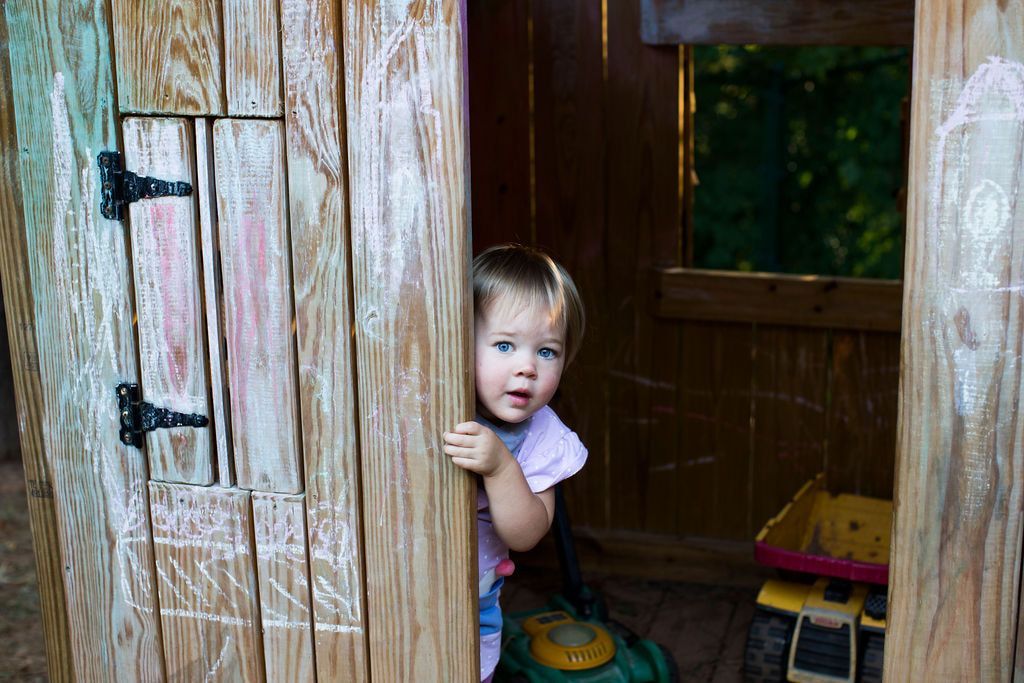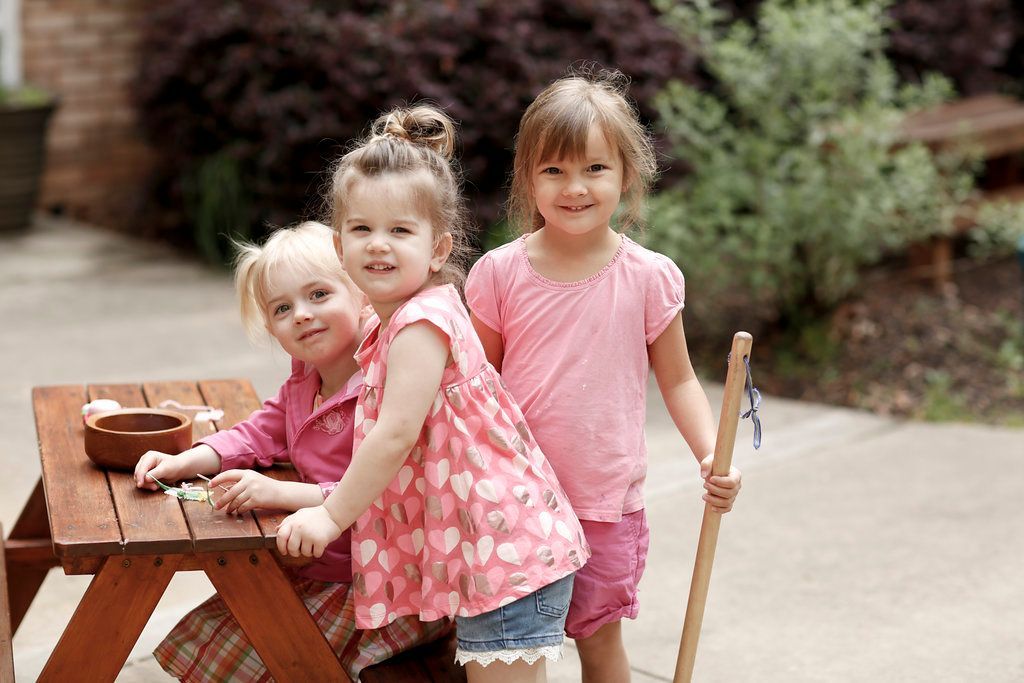
Perhaps you have a friend with a child in a Montessori program. Maybe you have heard about Montessori at a local playgroup. Or maybe you just stumbled across it online.
It all sounds great in theory, doesn’t it? An environment that fosters a deep love for learning; teachers trained to meet the needs of each individual child; a classroom community that provides an opportunity for all children to develop independence. But, in the back of your head, a nagging question remains: “Will Montessori really work for my child?”
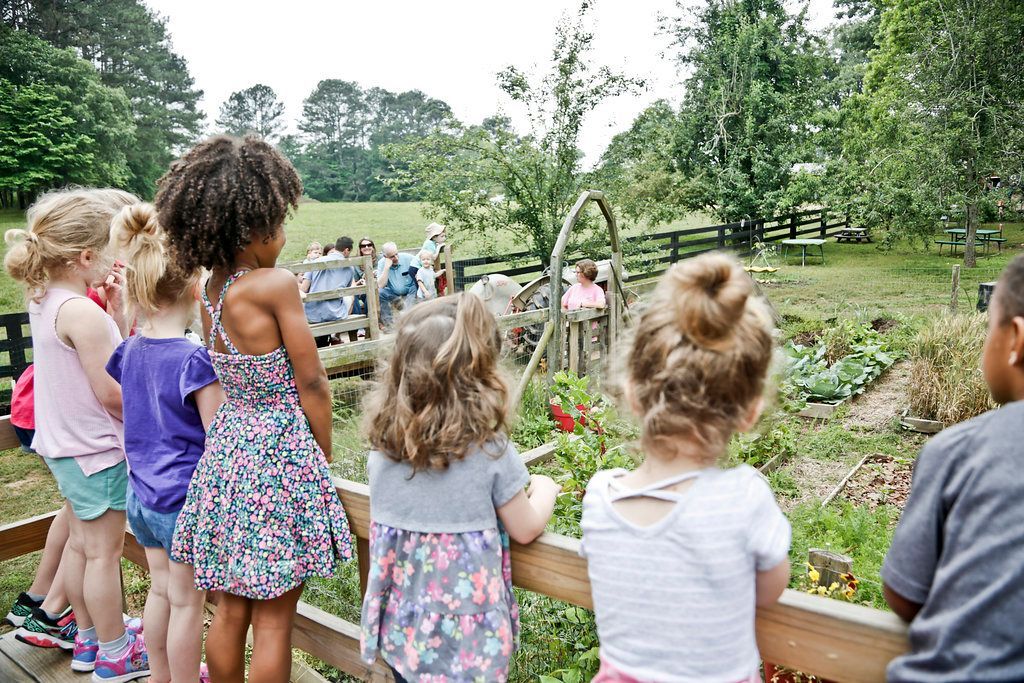
You are not alone. It’s a common question that most parents ask when researching Montessori education. The reality is that most of us never had an opportunity to attend an authentic Montessori program when we were young. Many of the experiences in a Montessori classroom are the complete opposite our own experiences in school. So, it’s completely understandable to question the efficacy of something so new for your own child!
I have witnessed Montessori education shape the lives of hundreds of children throughout my career. And, there are an infinite number of reasons why Montessori will work for your child. But, let’s talk about 6 significant reasons why your child will thrive in a quality Montessori program.
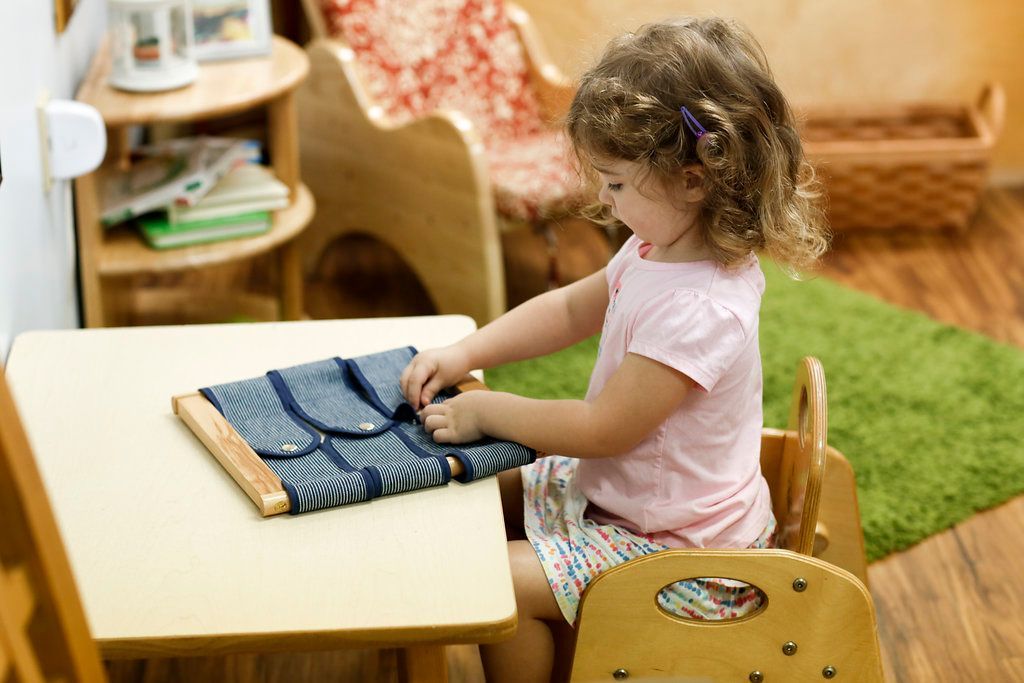
1. Your Child will Learn by Doing
Your child will be exposed to hundreds of specially designed materials that invite hands-on exploration. She will choose what she wants to explore, creating strong neural pathways that contribute to the construction of a strong brain.
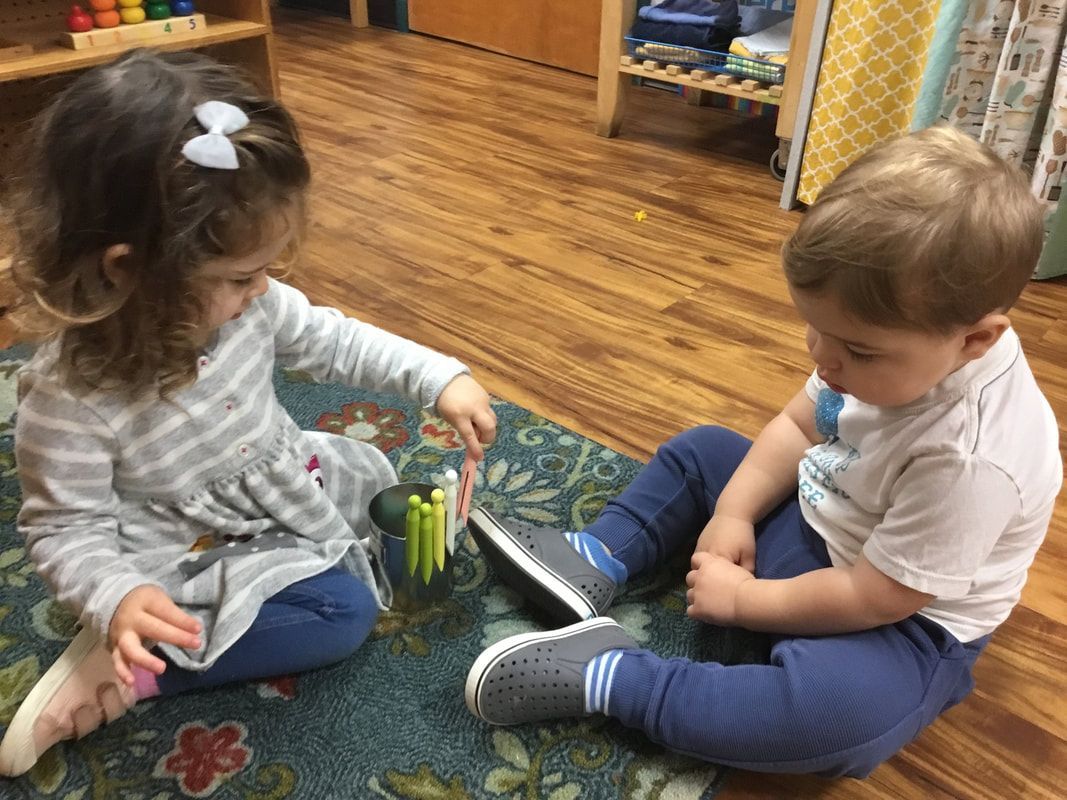
2. Your Child will Learn From and Teach Others
Have you ever heard the expression “The best way to learn something is to teach it?” This happens every day in our Montessori classrooms. Children are grouped in three-year age spans, so that children ages 1.5-3 years (Toddler Class), and 3-6 years (Primary Class) are in the same class. Younger children observe older children working with. They look up to and admire these older children who are doing all these incredible things: they want to emulate them and are motivated to learn to be just like them.
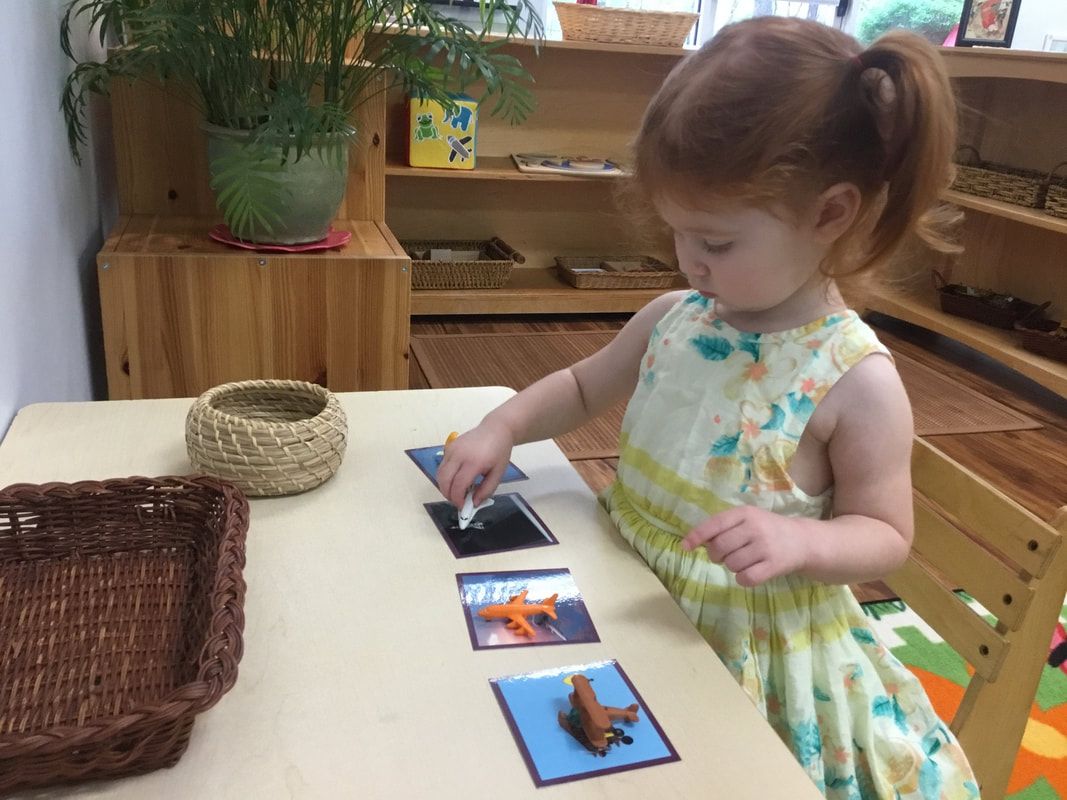
3. The Curriculum Adapts to your Child
Most conventional early childhood programs assume that all children, born within a year of each other, are capable of learning and doing the same thing at the same time. As we all know, that simply isn’t true! Many bright children are bored, and others, who need more time to learn, are left behind when we teach to the whole class. We recognize that your child has his own unique timetable for development and will learn different parts of the curriculum when he is ready. We teach to the individual needs of your child, not to the entire class or to a group of children.
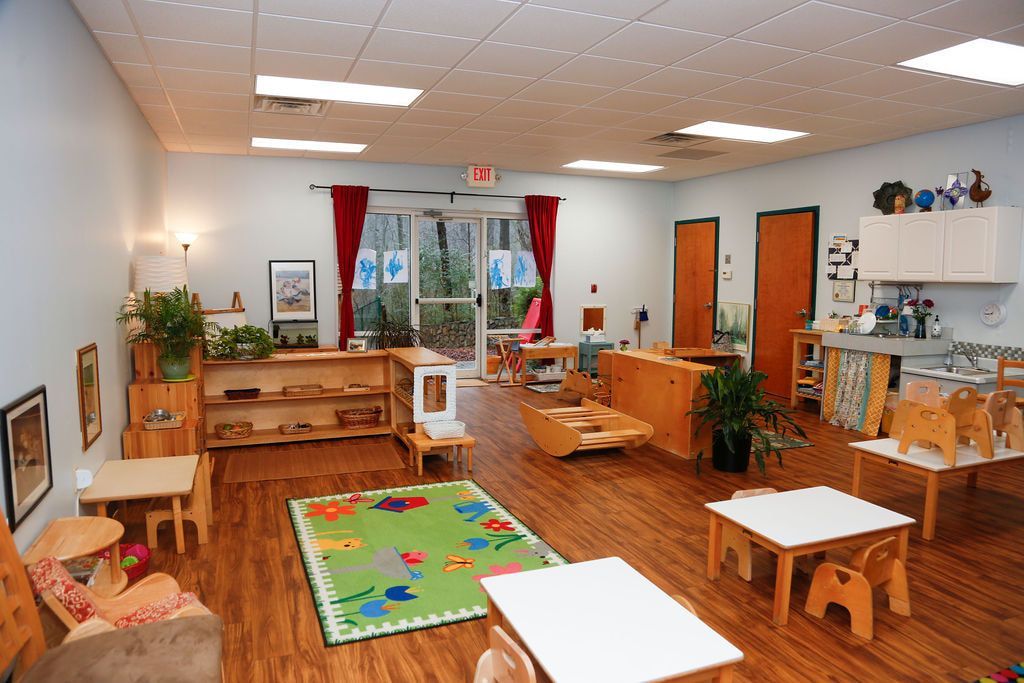
4. Beautiful Classrooms Inspire your Child to Learn
Our Montessori classrooms are beautiful and inviting. Materials are laid out on low, open shelves and call out to your child “Come touch me! Come explore!” From the toilets to the sinks to the tables, to the beginning materials to the advanced materials . . . all are designed to fit perfectly into the hands of your young child. Everything supports your child’s developing independence and helps him gain confidence in himself and his abilities.
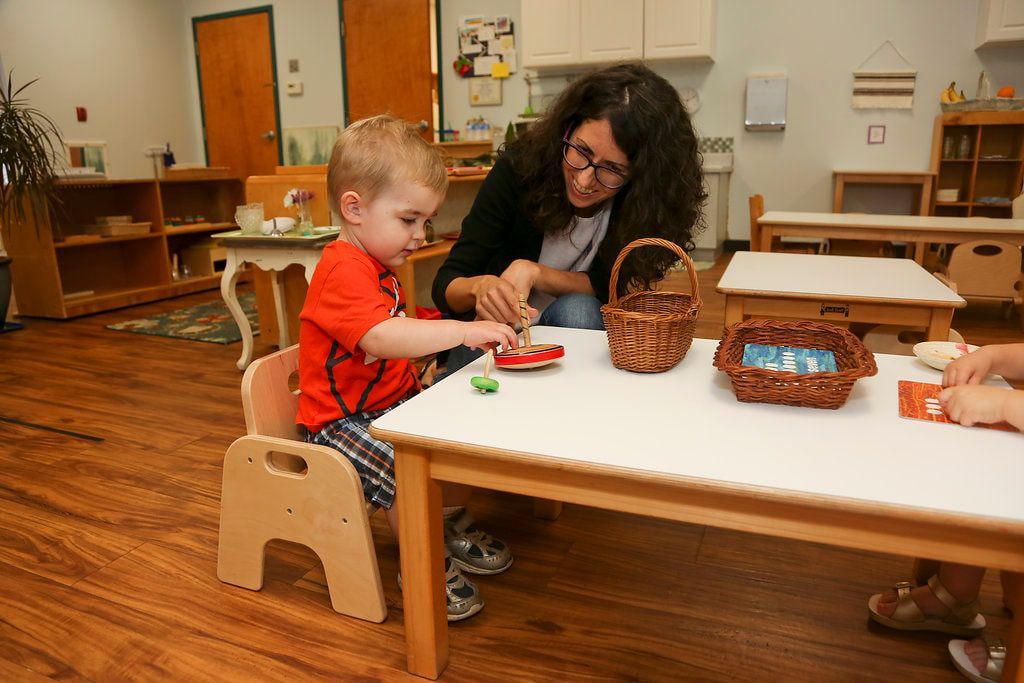
5. The Teacher Really Knows your Child
“Follow the child” is the mantra uttered by all well-trained Montessori teachers. They are trained to observe and to support each individual child. They take the time to get to know your child’s strengths, challenges and interests. They plan lessons for your child based on their observations of him. Your child will be a member of the same classroom community for up to three years, which affords the teacher the opportunity to know him deeply, intimately and well. He will feel seen, heard, and appreciated for who he is.
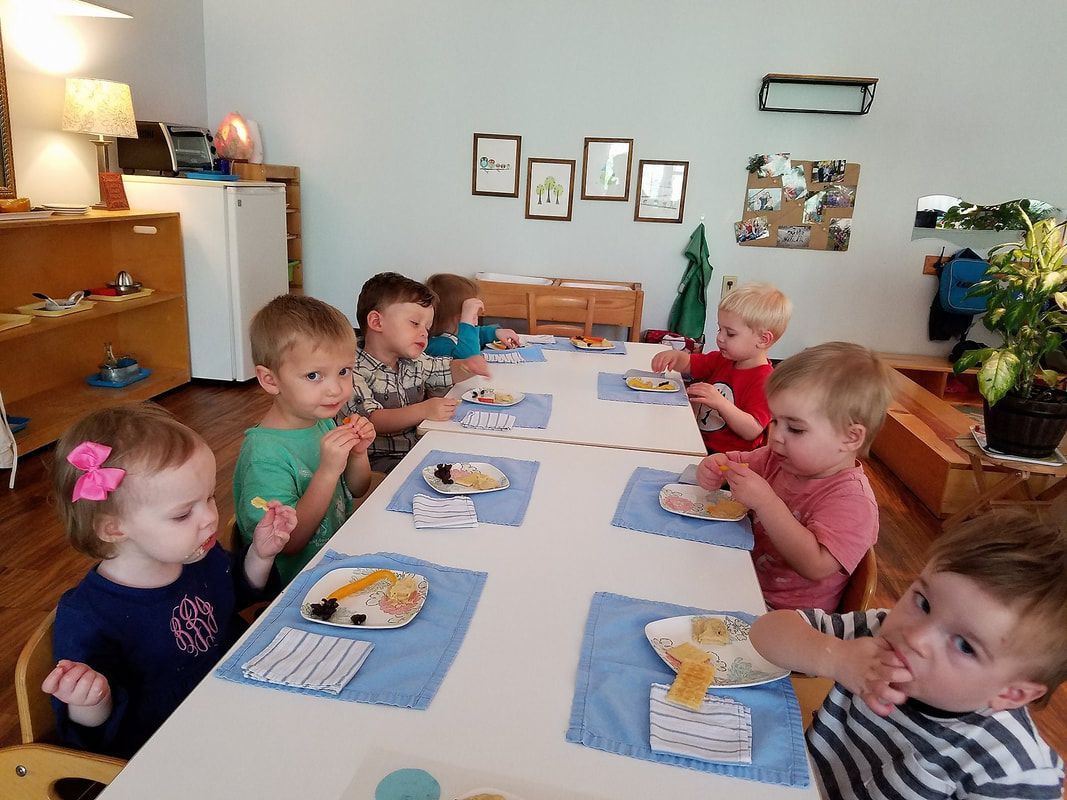
6. Your Child will be in Good Company
- Many successful and creative people in our modern society are former Montessori students.
- Larry Page and Sergey Brin (cofounders of Google)
- Jeff Bezos (founder of Amazon)
- Jacqueline Kennedy Onassis
- Sean “P. Diddy” Combs
- Prince William and Prince Harry, Prince George
- Berry Brazelton (pediatrician and author)
- Julia Child
- William Wright (creator of “The Sims”)
- Beyoncé Knowles
- Peter Drucker (business guru and lecturer)
- Gabriel Garcia Marquez (Nobel Prize-winning novelist)
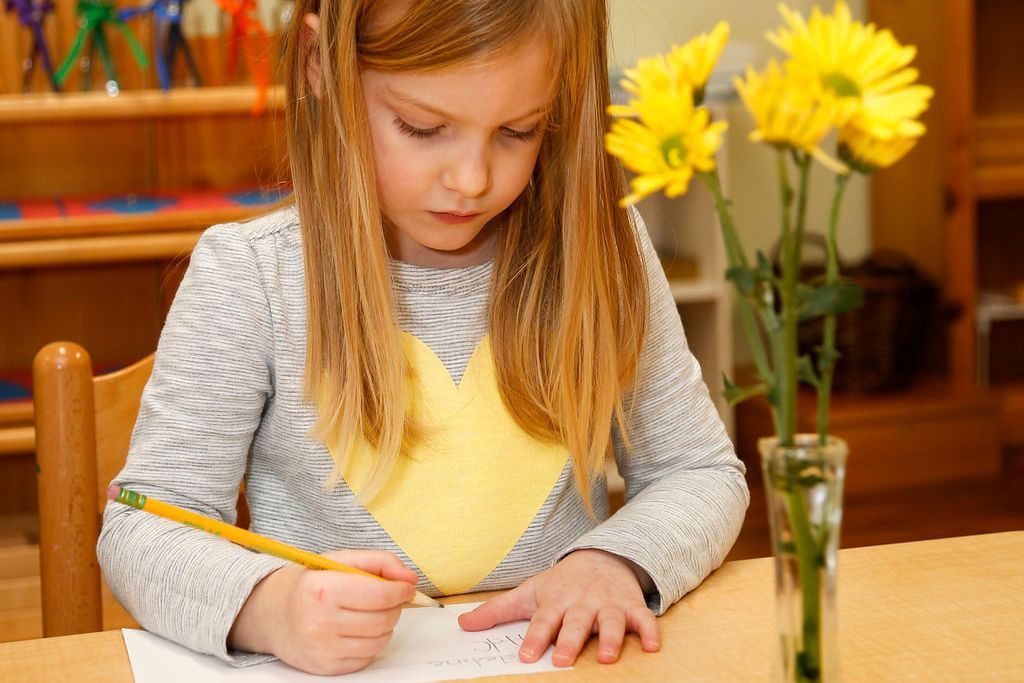
How Research Is Proving That Montessori Still Works
Still need proof? How about some hard data:
Recent research provides irrefutable evidence that the Montessori method of education is powerfully effective in educating young children. Studies conducted at the University of Virginia and Wisconsin demonstrated that Montessori kindergarten students outperform peers attending traditional public schools. These studies show that Montessori children form clear concepts from using the hands-on
manipulative materials they find in their classrooms. When children are developmentally ready and when they get to choose materials that match their individual timetable of development, their learning takes off! They become enthusiastic, confident, joyful learners.
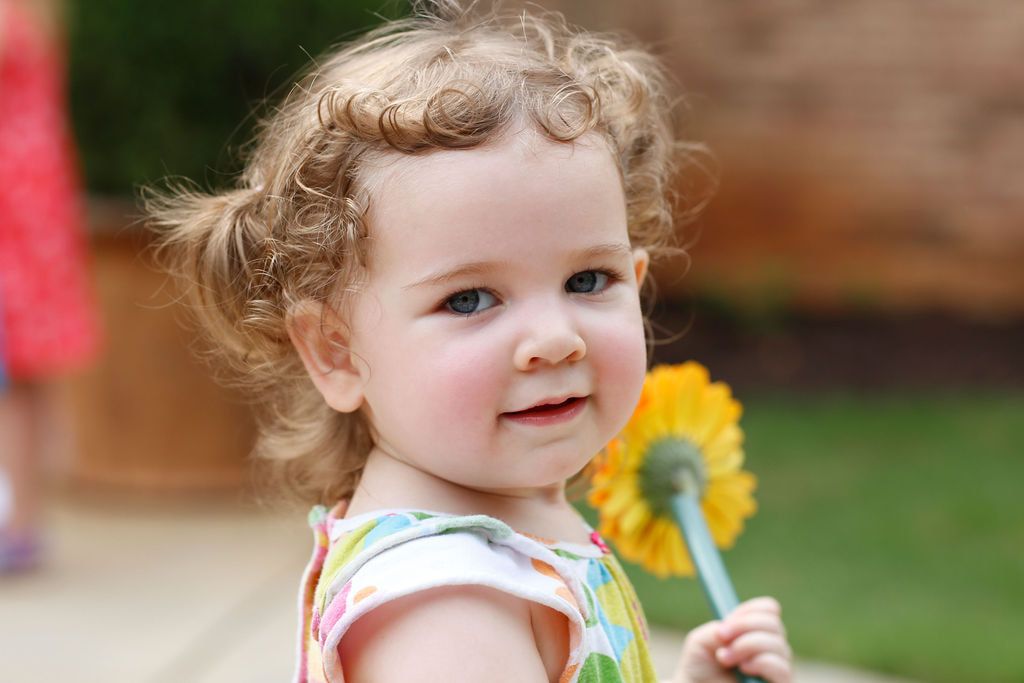
You Have To See It To Believe It
You child deserves the very best! Enrolling your child in a Montessori preschool gives her the opportunity to be seen as a unique individual; she will be receive a tailor-made education designed especially for her.
What are you waiting for? Contact us today and give your child the gift that will last a lifetime.
Thank you Meg Porter Photography for images used in this post.
